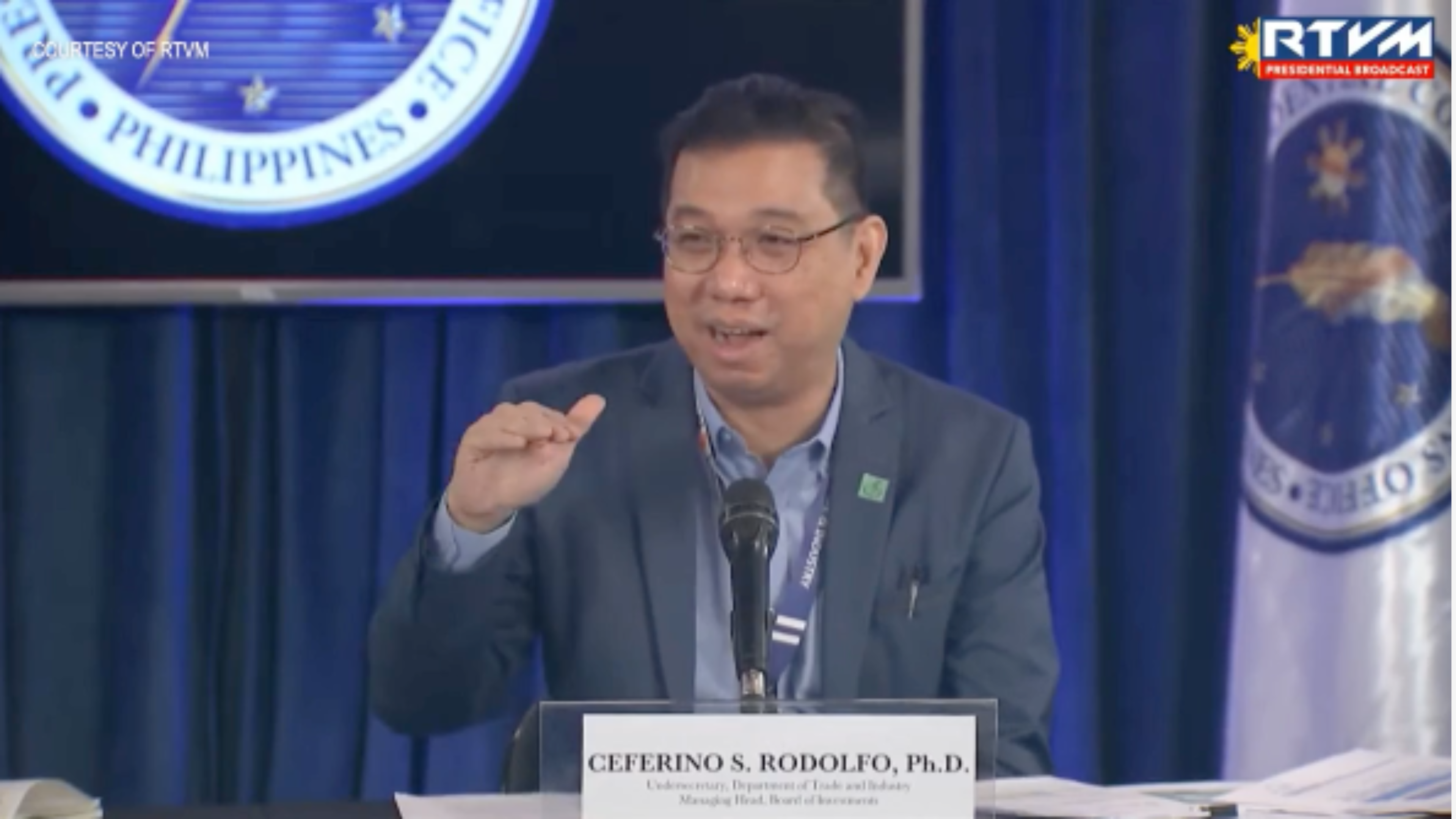Wind park projects entitled to ‘green lane’ perks
Two offshore wind park projects of Vind Energy Corp. in Cavite and Guimaras have been awarded green lane certificates of endorsement on July 19, according to the Board of Investments (BOI) on Wednesday.
The green lane program for investments is meant to expedite, streamline, and automate government approval and registration processes for investments deemed as a priority or strategic.
READ: Renewable energy projects dominate government’s green lane program
Trade undersecretary and BOI managing head Ceferino S. Rodolfo personally awarded the certificates to Alma Roxas-Aguila, the development director of the United Kingdom-based Corio Generation, a shareholder of the Vind Energy Corp.
“We greatly appreciate the government’s support for renewable energy, particularly offshore wind,” Roxas-Aguila said in a statement.
Article continues after this advertisement“These green lane certifications are crucial for our project development and efforts in helping the country reach its decarb onization targets,” she said.
Article continues after this advertisementCorio Generation, a portfolio company of Macquarie Asset Management, is a company which specializes in offshore wind power development.
READ: ₱1.4 trillion worth of projects OKd under green lane scheme in Q1
The two projects are expected to start operations in 2030 with a potential maximum capacity of 994 megawatts (MW) and 728 MW, respectively, according to the BOI.The BOI also said that both the projects will use a fixed-bottom offshore wind technology, with a combined project cost of more than P331 billion.
The BOI said that P3 trillion worth of investments have been certified under the green lane program.
These projects are eligible for a number of incentives, including income tax holidays, duty free importation of machinery, equipment and materials, a preferential corporate tax rate, and zero rating on value-added taxes.
The government’s roadmap is to have renewable energy comprise 35 percent of the total energy mix by 2030, eventually increasing it up to 50 percent by 2040.
Today, most of the Philippines’ power plants are coal-fired and diesel-fed, which means that the cost of electricity in the Southeast Asian country is tied to the volatile global market prices of coal and oil. INQ
